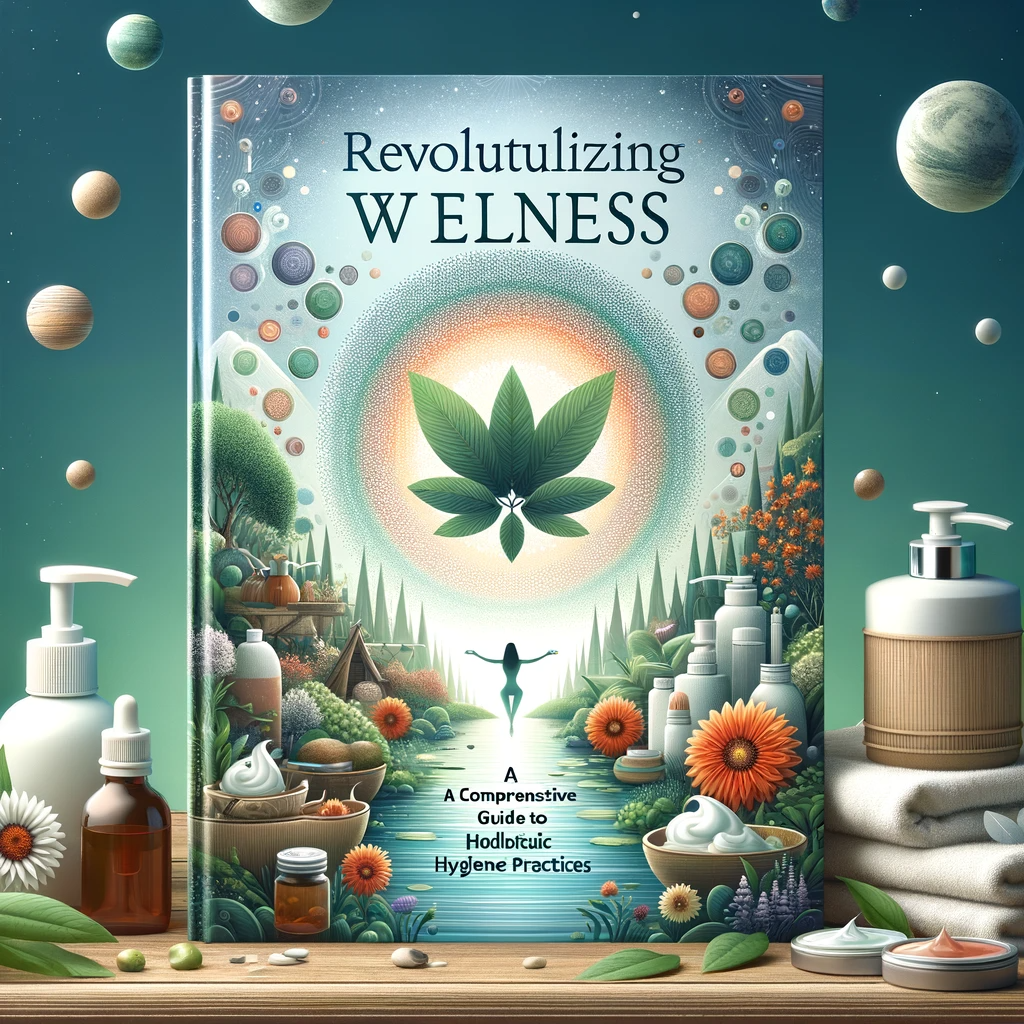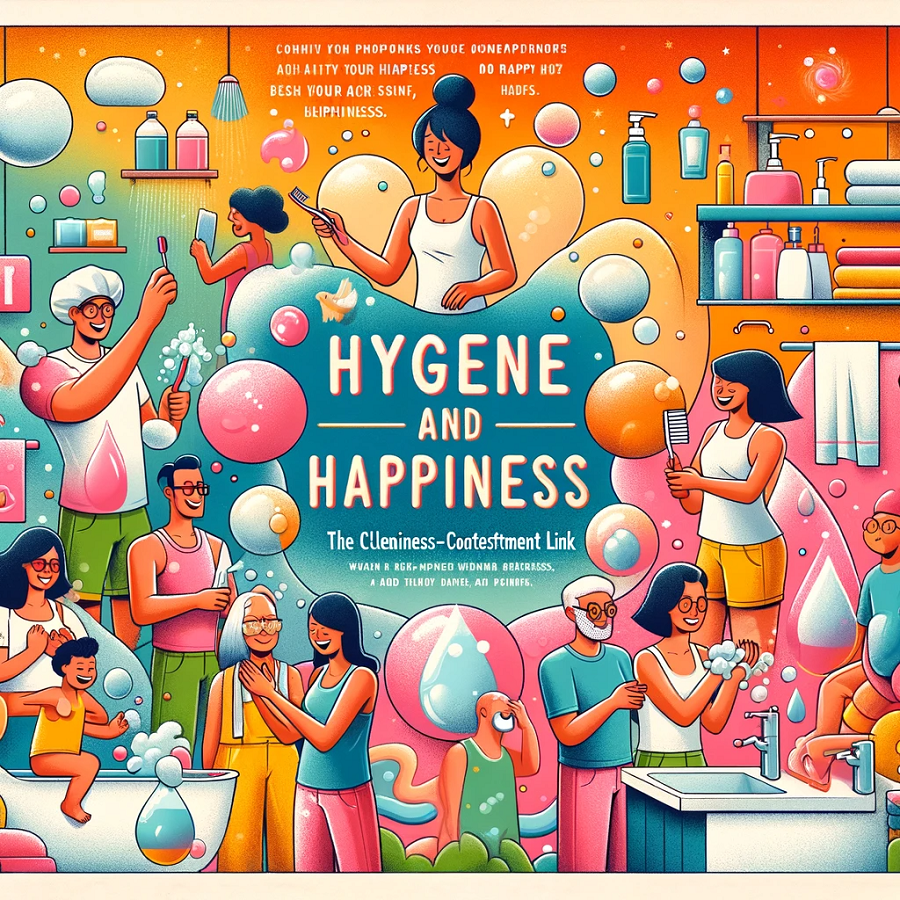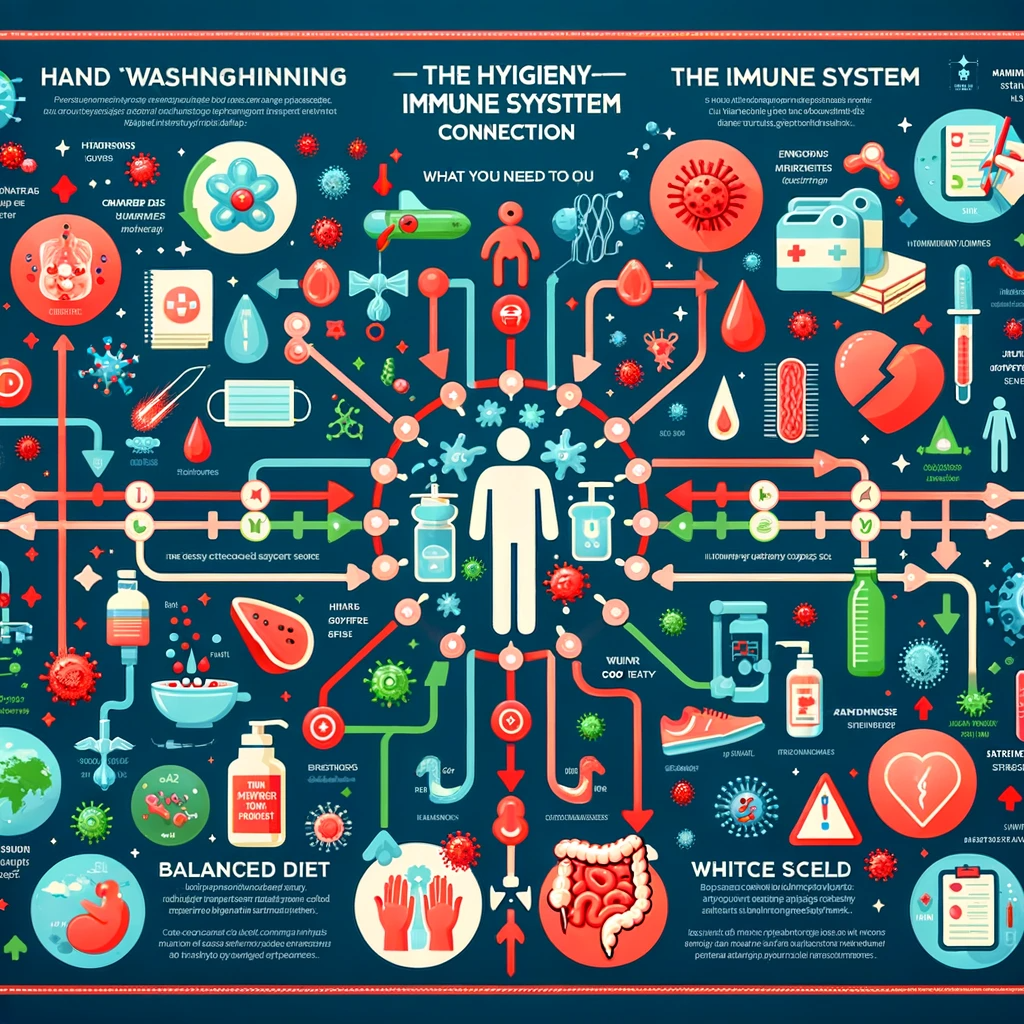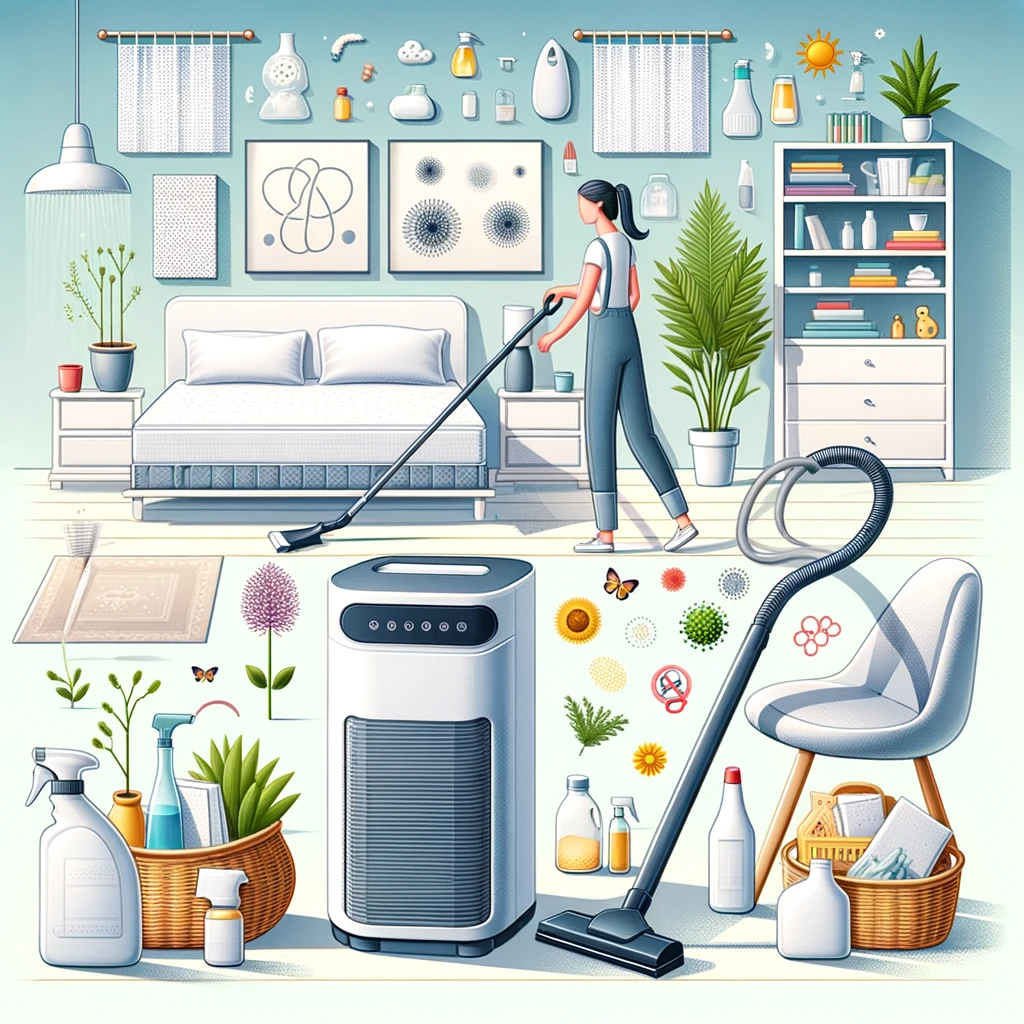Hygiene and Relationships: In the intricate dance of human relationships, there exists a subtle yet undeniable link between hygiene and the bonds we share with others. Beyond the realms of emotions, shared experiences, and compatibility, the concept of personal cleanliness plays a pivotal role in shaping the dynamics of any relationship. Welcome to a journey through the intricacies of “Hygiene and Relationships: Nurturing Clean Bonds.” In this article, we will delve into the profound connection between hygiene and the art of forging and maintaining relationships. From the impact of personal hygiene on attraction to the challenges and solutions within long-term partnerships, we will explore how cleanliness influences not only physical closeness but also emotional well-being. So, let’s embark on this enlightening exploration of how hygiene can be a catalyst for healthier, more fulfilling connections in the world of relationships.
| Hygiene Strategy |
Description |
| 1. Personal Grooming Routine |
Establish a daily personal grooming routine, including showering, dental care, skincare, and hair care. |
| 2. Mutual Grooming Sessions |
Engage in shared grooming activities, such as giving each other massages, helping with skincare, or styling hair. |
| 3. Effective Oral Hygiene |
Maintain good oral health by regularly brushing, flossing, and using mouthwash to ensure fresh breath. |
| 4. Regular Clothing Care |
Launder and care for clothing regularly to ensure you and your partner always have clean and fresh attire. |
| 5. Hygiene Goal Setting |
Set mutual hygiene goals and challenges to motivate each other in maintaining cleanliness and self-care. |
| 6. Open Communication |
Create a safe space for discussing hygiene preferences, concerns, and needs openly and non-judgmentally. |
| 7. Respect Individual Routines |
Recognize and respect each other’s personal hygiene routines and boundaries, allowing space for individuality. |
| 8. Self-Care Dates |
Plan “self-care dates” where you and your partner engage in activities like spa nights, workouts, or shopping. |
| 9. Hygiene Products |
Invest in quality hygiene products and skincare items that suit your individual needs and preferences. |
| 10. Intimacy and Cleanliness |
Prioritize cleanliness in intimate moments by discussing preferences and incorporating it into your routine. |
The Connection Between Hygiene and Relationships
In the complex web of human interactions, hygiene plays a crucial role that often goes unnoticed. While we often associate relationships with emotions, shared experiences, and compatibility, hygiene is an essential factor that can greatly influence the dynamics of any relationship. This article explores the subtle yet significant connection between hygiene and relationships, shedding light on how personal cleanliness can impact attraction, intimacy, and effective communication within couples.
The Impact of Personal Hygiene on Attraction
When it comes to attraction, it’s not just about appearances or personality traits; personal hygiene plays a pivotal role. Think about it – how often have you been instantly drawn to someone who exudes cleanliness and freshness? Maintaining good personal hygiene sends a message of self-respect and consideration for others. Clean and well-groomed individuals tend to be more confident, approachable, and attractive to potential partners.
Consider this a simple equation: Good personal hygiene = Enhanced physical attraction. It’s a formula that has stood the test of time. Regular showers, fresh breath, clean clothes, and well-kept nails are all components of this equation that can significantly influence your desirability in the dating world.
Maintaining Cleanliness in Intimate Relationships
As relationships progress from initial attraction to deeper levels of intimacy, the role of hygiene becomes even more pronounced. Intimate relationships often involve physical closeness, and poor hygiene can quickly become a point of contention. To nurture clean bonds in intimate relationships, it’s crucial for both partners to prioritize personal cleanliness.
Couples can work together to establish a hygiene routine that suits both their preferences. This can include mutual grooming sessions, discussing individual preferences, and being open to constructive feedback. Maintaining cleanliness in intimate relationships not only enhances physical comfort but also reinforces trust and emotional connection.
Effective Communication About Hygiene
While it’s essential for individuals to maintain their personal hygiene, it’s equally important for couples to engage in effective communication about this sensitive topic. Discussing hygiene can be delicate, but it’s a conversation that can strengthen your relationship. Instead of criticizing or blaming, approach the topic with empathy and understanding.
Use “I” statements to express your feelings and needs. For example, say, “I feel more connected when we both make an effort to maintain personal hygiene” instead of saying, “You need to be cleaner.” Encourage your partner to share their perspective as well. By having an open and non-confrontational dialogue, you can work together to improve hygiene habits in a way that strengthens your bond.
Hygiene in Long-Term Relationships: Challenges and Solutions
In long-term relationships, the dynamics of hygiene can evolve, presenting both challenges and opportunities. Over time, couples may become more comfortable around each other, but this can sometimes lead to a decline in personal hygiene standards. It’s essential to recognize and address these challenges to maintain a healthy and clean bond.
One common challenge in long-term relationships is the tendency to become complacent about personal hygiene. As the initial honeymoon phase wanes, partners might feel that they can let certain grooming habits slide. This complacency can affect attraction and overall relationship satisfaction. However, there are solutions. Partners can set mutual hygiene goals, encourage each other to maintain healthy habits, and even plan self-care routines together. By addressing these challenges head-on, couples can ensure that their long-term relationships remain clean and fulfilling.
Improving Hygiene Habits Together
The journey towards nurturing clean bonds involves teamwork. Couples can actively participate in improving their hygiene habits together. Setting mutual goals, such as adopting a skincare routine, maintaining oral health, or engaging in regular exercise, can be both fun and rewarding.
Consider scheduling “self-care dates” where you and your partner indulge in activities like spa nights, gym sessions, or shopping for grooming products together. This not only strengthens your bond but also ensures that you both stay motivated to maintain good hygiene habits.
Dealing with Hygiene-Related Relationship Issues
In any relationship, conflicts can arise, and sometimes they may be related to hygiene. It’s crucial to address these issues with sensitivity and respect. If your partner’s hygiene habits are causing discomfort or concern, it’s essential to approach the topic with empathy.
Instead of criticizing, try to understand the underlying reasons behind any hygiene-related issues. Is it a matter of habit, health, or personal preference? By identifying the root cause, you can work together to find a solution that ensures both partners feel comfortable and respected.
Balancing Personal Space and Shared Hygiene
While maintaining good hygiene is important in relationships, it’s also crucial to respect each other’s personal space and boundaries. Every individual has their own comfort zone when it comes to hygiene practices, and these boundaries should be acknowledged and respected.
It’s perfectly normal for partners to have different preferences when it comes to personal hygiene routines. Finding a balance between shared hygiene practices and allowing each other the space to maintain individual routines can help avoid unnecessary conflicts. Open communication is key in establishing these boundaries and ensuring both partners feel comfortable.
Hygiene and Emotional Well-being in Relationships
The connection between hygiene and emotional well-being in relationships extends beyond physical cleanliness. Feeling clean and refreshed can have a profound impact on one’s emotional state. When both partners prioritize hygiene, it can contribute to a positive atmosphere in the relationship.
Cleanliness can also symbolize care and consideration for each other’s well-being. Simple gestures like preparing a clean and tidy space for your partner or helping them with their grooming routine can foster emotional intimacy and a deeper connection.
Final Thoughts:
Hygiene and Relationships: In the intricate tapestry of human relationships, hygiene emerges as a thread that weaves its way through every interaction. From the initial spark of attraction to the depths of long-term partnerships, and from effective communication to personal boundaries, cleanliness plays a pivotal role in nurturing clean bonds. Throughout this journey, we’ve uncovered the significance of personal hygiene in attracting and maintaining relationships, addressing challenges with empathy, and improving habits together. We’ve also explored the delicate balance between shared hygiene and personal space and recognized how cleanliness contributes to emotional well-being.
As we conclude this exploration, it becomes evident that fostering clean bonds is not just about physical cleanliness; it’s about respect, empathy, and understanding. By prioritizing hygiene in our relationships, we not only enhance our physical comfort but also create an environment of trust, intimacy, and emotional connection. So, let’s remember that in the grand symphony of our relationships, hygiene is the quiet but essential note that harmonizes our bonds, making them stronger, healthier, and more fulfilling.
FAQs:
Q1: Why is personal hygiene important in relationships?
A1: Personal hygiene is essential in relationships because it impacts attraction, comfort, and overall satisfaction. Good hygiene shows respect for yourself and your partner, fostering a positive and healthy atmosphere.
Q2: How can I address hygiene concerns with my partner without hurting their feelings?
A2: Approach the topic with empathy and use “I” statements to express your feelings and needs. Encourage open, non-confrontational communication, and be prepared to listen to your partner’s perspective as well.
Q3: Are there common hygiene-related challenges in long-term relationships?
A3: Yes, in long-term relationships, couples may become complacent about personal hygiene. It’s common for partners to feel they can relax their grooming habits. However, this can affect attraction. Setting mutual goals and routines can help address these challenges.
Q4: How do I find a balance between shared hygiene and personal space in a relationship?
A4: Finding this balance involves open communication. Discuss your hygiene preferences and boundaries with your partner, respecting each other’s comfort zones. It’s crucial to acknowledge and accommodate individual routines.
Q5: Can personal hygiene impact emotional well-being in relationships?
A5: Yes, personal hygiene can impact emotional well-being. Feeling clean and refreshed contributes to a positive emotional state. Moreover, acts of care and consideration for your partner’s hygiene needs can strengthen the emotional connection.
Q6: Is personal hygiene only about physical cleanliness?
A6: No, personal hygiene extends beyond physical cleanliness. It also involves oral health, grooming, and maintaining a fresh and pleasant appearance. However, it also includes being considerate and respectful of your partner’s needs and boundaries.
Q7: Can improving hygiene habits together enhance a relationship?
A7: Absolutely! Improving hygiene habits together can be a fun and bonding experience. It strengthens the sense of teamwork, encourages mutual support, and ensures both partners stay motivated to maintain good hygiene practices.
Q8: What are some practical steps to maintain cleanliness in intimate relationships?
A8: In intimate relationships, it’s important to establish a hygiene routine together, communicate openly about preferences, and be proactive in addressing any issues that may arise. Mutual grooming sessions and shared self-care routines can also enhance intimacy.
Q9: Does good personal hygiene always lead to better attraction in relationships?
A9: While personal hygiene is a significant factor, attraction is multifaceted. Good hygiene can enhance physical attraction, but other factors like personality, shared values, and emotional connection also play crucial roles in relationship attraction.
Q10: How can I maintain hygiene in a long-distance relationship?
A10: In long-distance relationships, maintaining personal hygiene is still important. Regular communication about hygiene preferences, setting hygiene goals, and planning visits where you can focus on self-care together can help ensure cleanliness remains a part of your connection.







